Ten Questions for Arthur Sze
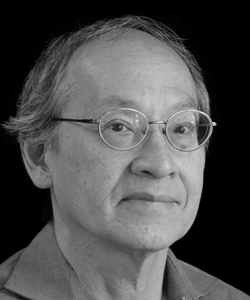
“Write one poem at a time and resist knowing where you are going.” —Arthur Sze, author of Into the Hush
Jump to navigation Skip to content
Read weekly interviews with authors to learn the inside stories of how their books were written, edited, and published; insights into the creative process; the best writing advice they’ve ever heard; and more.

“Write one poem at a time and resist knowing where you are going.” —Arthur Sze, author of Into the Hush

“I was playing, trying to make something I liked, something no one else had already made for me.” —Rachel Trousdale, author of Five-Paragraph Essay on the Body-Mind Problem
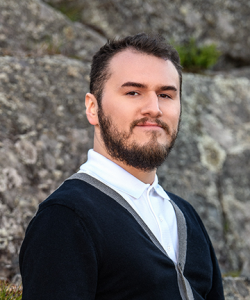
“Editing down is something I dread in the abstract because I know I can lose motivation easily. But this book has ingrained the lesson in me fully.” —Dennis E. Staples, author of Passing Through a Prairie Country

“The magic happens in the writing, on the page. That’s the high.” —Mariam Rahmani, author of Liquid: A Love Story
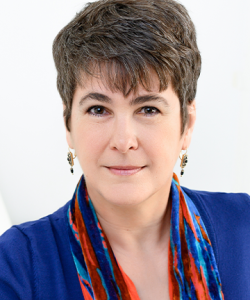
“This isn’t writer-stuff, it’s life-stuff that bears on the poems.” —Lesley Wheeler, author of Mycocosmic

“I had many beginnings and several endings, and I tried to arrange the poems in a way that might ask why that was.” —Austin Araujo, author of At the Park on the Edge of the Country

“Because the flip side of uncertainty is an invitation into mystery. And the reward for wading through mystery is transformation.” —Rebe Huntman, author of My Mother in Havana: A Memoir of Magic & Miracle.
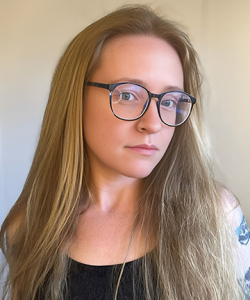
“Nothing makes a clunky sentence more obvious than saying it out loud.” —Margie Sarsfield, author of Beta Vulgaris
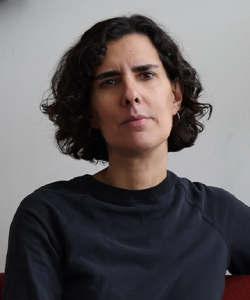
“If a story gathers force by what it accrues, this kind of ending is a letting go.” —Corinna Vallianatos, author of Origin Stories
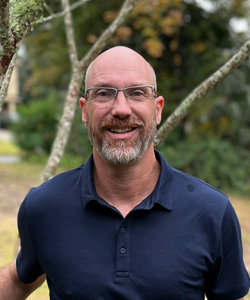
“Don’t worry about aesthetic categories or limitations. Have fun.” —Jonathan Fink, author of Don’t Do It—We Love You, My Heart?

“All you can do is pay attention to the process, the practice, and see what it does to you, what it does to the people around you, what it does to your dear readers.” —Latif Askia Ba, author of The Choreic Period

“Take your time. And indulge in the messiness, the privacy, the anxieties of the writing process.” —Aria Aber, author of Good Girl

“Your e-mails are daily writings. Your grocery lists; your text messages; your poetry magnets on the fridge; your annotations in the margins of your books.” —Kayleb Rae Candrilli, author of Winter of Worship
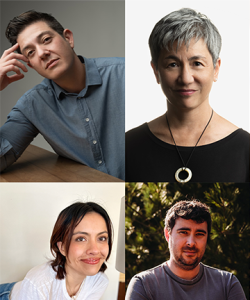
Ten authors answer the question: What’s the best piece of writing advice you’ve ever received?

“I studied with Gordon Lish and he once said: ‘Never explain, never complain.’” —Lily Tuck, author of The Rest Is Memory

“All good poems are love poems.” —Bruce Bond, author of The Dove of the Morning News
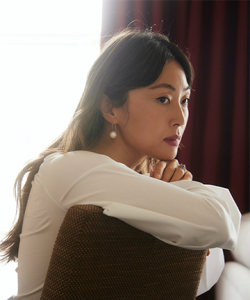
“Describe your inner vision clearly so that the reader can see exactly what you see.” —Juhea Kim, author of City of Night Birds
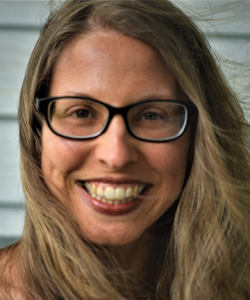
“I found the creation of cohesion challenging; essays are disparate things, yet the book needs to make a whole.”—Jessie van Eerden, author of Yoke and Feather
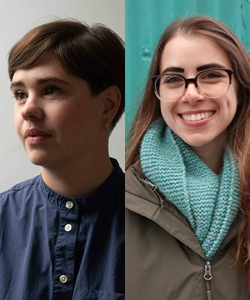
This week’s installment of Ten Questions features Brynja Hjálmsdóttir and Rachel Britton, the author and translator of A Woman Looks Over Her Shoulder / Kona lítur við.
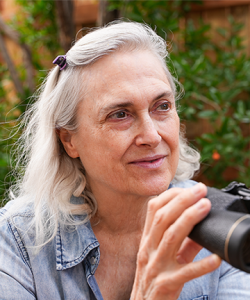
“Do a lot of people feel this monogamous guilt in their writing lives?”—Sharon Wahl, author of Everything Flirts: Philosophical Romances
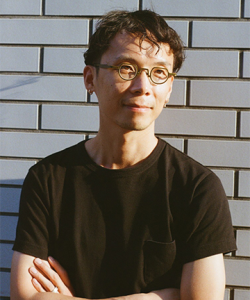
“Streamline. Outline. Find your center of gravity.” —Mike Fu, author of Masquerade
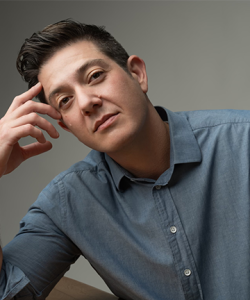
“[T]herapeutic modes can enhance artistic work enormously, because they give us access to our inner workings in fresh, sometimes even revelatory ways. ” —Miller Oberman, author of Impossible Things
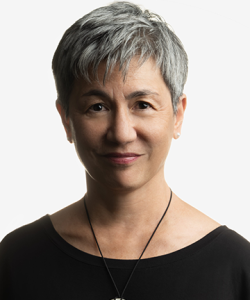
“You can go with intention, or you can explore where the poem leads you. Where your unconscious leads you.” —Kimiko Hahn, author of The Ghost Forest: New and Selected Poems

“Never let the pursuit of perfection be the enemy of the good.” —Steve Wasserman, author of Tell Me Something, Tell Me Anything, Even If It’s a Lie: A Memoir in Essays

“Trust yourself enough to know that you don’t need to do backflips for your readers on the page. Just walk straight ahead.” —Aaron Robertson, author of The Black Utopians: Searching for Paradise and the Promised Land in America